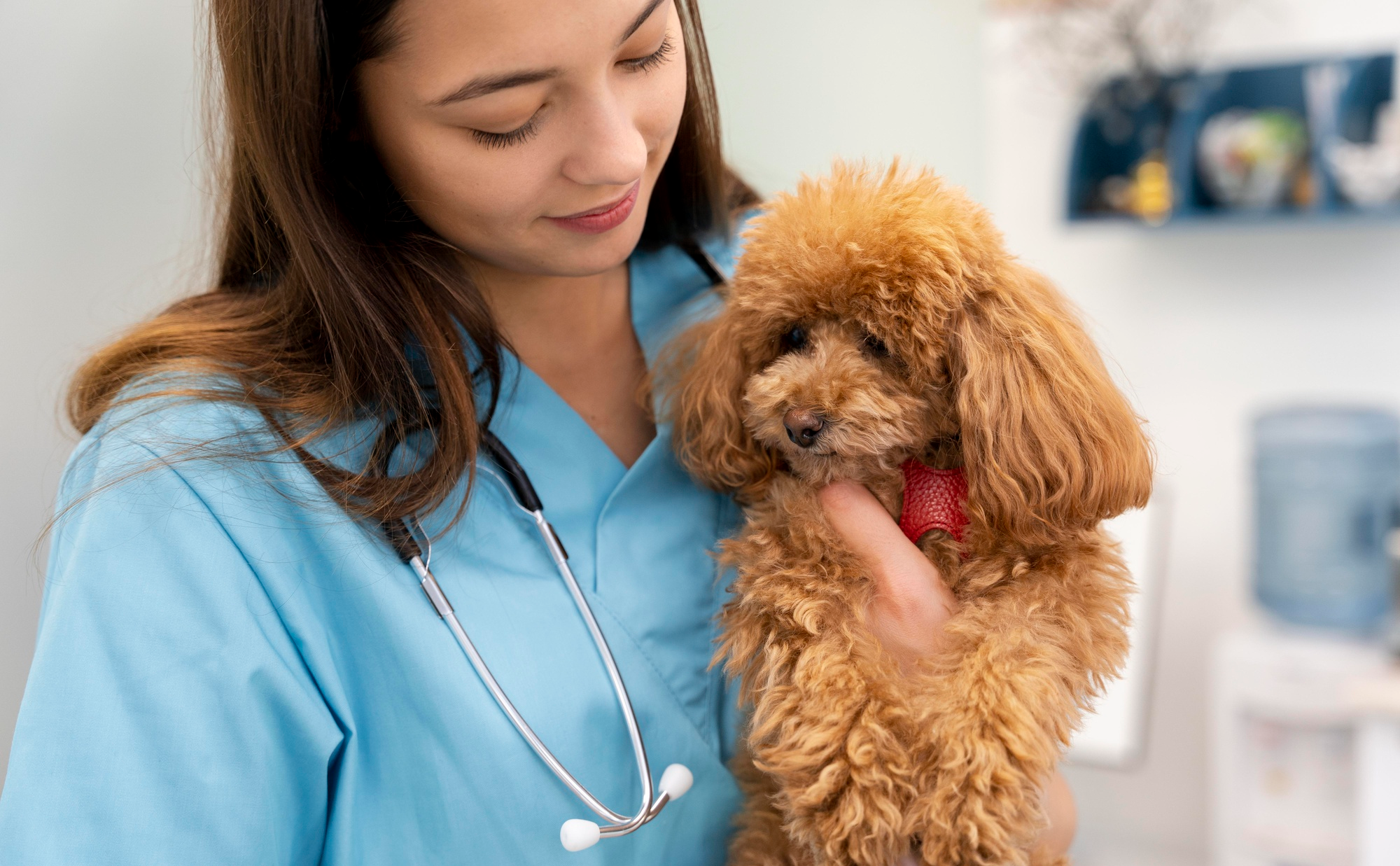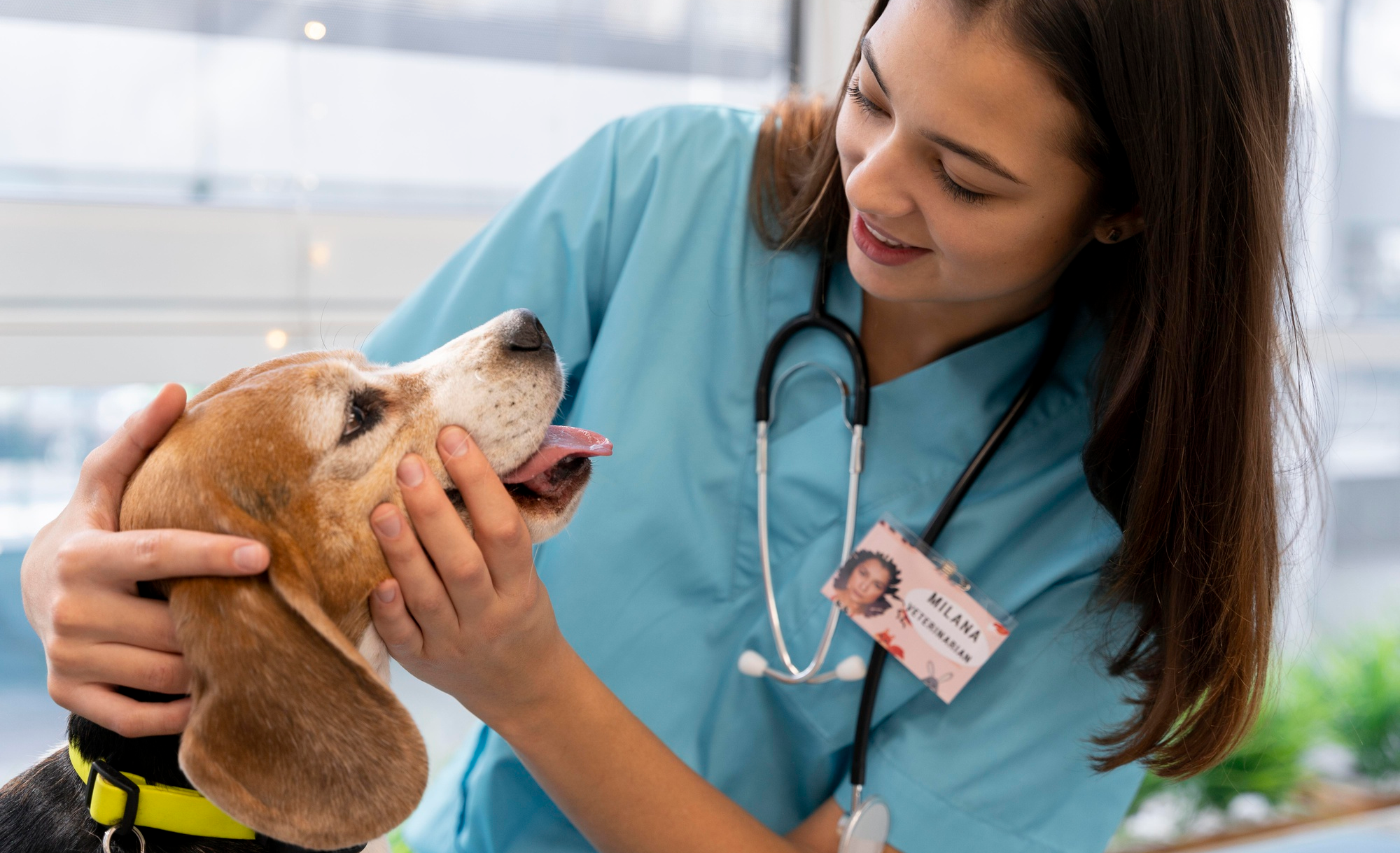Things Nobody Will Tell You About Responsibilities of a Veterinary Nurse Practitioner
The developments in the veterinary sector has created multiple career opportunities for veterinary professionals. Now, a career in the veterinary field is not just confined to becoming a veterinarian. Today, there are many other career options, such as vet techs, veterinary nurses, vet support staff, and many more.
Veterinary nursing is one of the fastest-growing professions in the veterinary field. Have you ever wondered what a veterinary nurse practitioner does? They assist veterinarians in treating an animal patient. The reputable profession comes with multiple responsibilities for helping animals return to a normal and healthy life.
This blog will give detailed information about the six major responsibilities of a vet nurse. Read on to understand each responsibility in detail.
What Are the Major Responsibilities of Veterinary Nurses?
The responsibilities of a veterinary nurse are different from those of a vet tech. Vet nurses perform the following responsibilities.

1. Nursing Care
Veterinary nurses are responsible for providing expert nursing care to sick animals. They perform various duties, such as dressing wounds and taking samples for tests. They also feed the pet patient and administer medications.
They also assist veterinarians with regular patient appointments and surgical procedures. In addition, they are responsible for taking care of the animal patients in any way possible.
It includes giving pet owners detailed instructions on properly caring for their pets, including diet, medications, and follow-up checkups. Educating pet owners is essential to ensuring that pet patients receive the care they require. So, vet nurses also share information with pet owners on how to keep animals calm during treatment.
2. Diagnostic Tests & Procedures
Veterinary nurses also perform diagnostic tests while keeping animals calm. They also take samples for laboratory tests and ensure that the staff receive this sample timely. After collecting samples and getting results, they bring them to veterinary experts to prescribe medicines or treatment.
Vet nurses are experts at taking and processing X-rays as directed by veterinary surgeons. They are also trained to operate and monitor the other technical equipment. All this need professional expertise that vet nurses gain during professional training and educational programs.
3. Preparing Animals for Surgeries
One of the critical responsibilities of the vet nurses is to prepare the animal for surgery. A veterinary surgeon requires the help of a veterinary nurse practitioner during surgical procedures. So, they prepare the animal for surgery by administering anesthesia.
During this, a vet nurse also ensures keeping the patient calm, hydrated, and in the correct position. So, the veterinary surgeon can precisely diagnose the disease and start treating the pet patient.
4. Administering Medications and Anesthesia
Nurses who specialize in veterinary care get professional training to assist veterinary surgeons as part of their team. In addition, they monitor the level of patient anesthesia throughout the surgical procedure.
Anesthesia doses greater than those required may be harmful to the animal patient. Veterinary nurses can also perform minor surgical procedures under the supervision of veterinarians. It includes suturing wounds, dental work, and polishing. Administering medications as prescribed by the veterinary surgeon is also the responsibility of the vet nurses.
5. Clinical Coaching
Clinical coaches are responsible for guiding and supporting student veterinary nurses. They must ensure that student vet nurses are working safely. Thus, they help veterinary students complete their veterinary nursing qualifications.
Clinical coaching involves teaching the students all the practical clinical skills. In addition, a veterinary nurse must have effective communication skills, patience, and a well-organized personality. Clinical coaching is also beneficial for veterinary nurses to enhance their professional knowledge.
6. Veterinary Nurse Team Management
The experienced veterinary nurse is also responsible for managing a team. A head veterinary nurse leads veterinary care teams and nurses in practice. It involves various responsibilities, such as recruitment, monitoring, and other day-to-day tasks.
Sometimes, head nurses are also responsible for managing expenditures to use resources effectively. This role provides a more considerable influence over the practice life of veterinary nursing.
To Sum Up!
Veterinary nursing is a respectable profession that comes with various responsibilities. The job description of a veterinary nurse practitioner involves preparing animals for surgery, monitoring pet patients, administering medications, and educating pet owners. They also collect samples for laboratory testing and refer the results to veterinarians.

They provide a supportive role for animal health and welfare. They can also play the roles of clinical coaches and head nurses, depending on the efficiency and productivity they bring to their practice.
Vet and Tech is helping veterinary nurse practitioners and other veterinary staff by providing online courses. We provide information about the latest and most innovative veterinary procedures.
As a result, our platform is helping to make veterinary nursing practice easier for them. In addition, nurses veterinary also need specific CE credits to renew their licenses, which they can earn through our online educational courses.
FAQ’s
What do veterinary nurses do?
Veterinary nurses are trained to assist the veterinary surgeons during the treatment of an animal patient. They perform various duties such as preparing animals for surgeries, taking samples, educating pet owners, administering medications and anesthesia, etc.
Are vet techs and vet nurses the same?
Vet techs are different from vet nurses. Likewise, the responsibilities of veterinary nurses vary from those of vet techs. These two also get different training, education, and work experiences, but both assist veterinary surgeons.
What qualities are required to be a vet nurse?
Vet nurses must have the following qualities: good communication and teamwork skills, patience; understanding of responsibilities, reliability, resilience, and problem-solving skills.






